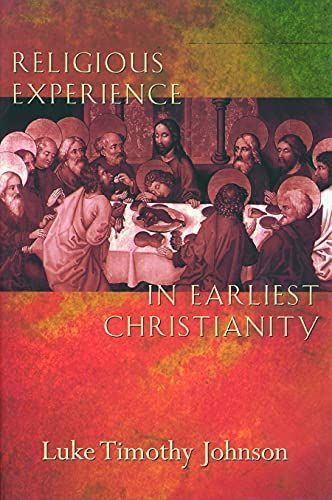
Religious Experience in Earliest Christianity A Missing Dimension in New Testament Studies
Luke Johnson here issues a provocative call for a radically new direction in New Testament studies that can change the way we have viewed the entire phenomenon of early Christianity. Johnson is convinced that the dominant ways of studying early Christianity tend to miss its specifically religious character, because of a disjunction between formal religion and "popular" religion. He proposes in this book, by means of three case studies—baptism, glossolalia, and meals—to show how a more wholistic, phenomenological approach can be made. This makes possible the inclusion of the world of healings and religious power, of ecstay and spirit—in short, the religious experience of real persons in the study of early Christianity. Johnson concludes that there is still much to be learned about early Christianity as a religion, if we can find a way to get at the category of real experience. He maintains that early Christian texts reflect lives that are caught up by and defined by a power not in their control but controlled instead by the crucified and raised Messiah Jesus.